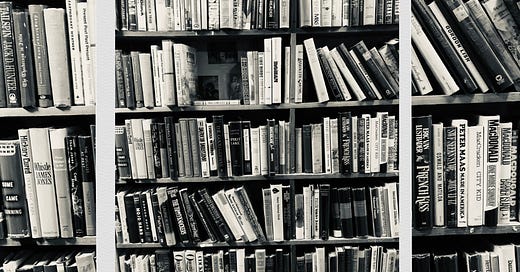“There are ghosts asleep inside every one of us: arcane issues never addressed, ancient griefs never laid to rest, suspicions, self-counts, banished longings, secret meanings. Something in this book may call one of these ghosts by name. It will then arise from its slumber and begin speaking.” - David Richo, How to be an adult, A handbook on psychological and spiritual integration
Don’t tell me what to do! I’m almost an adult!
If you think back to your teenage years or the times you’ve spent around teenagers, you may remember there is a turning point after which the word ‘adult‘ comes up very often: in casual conversations (“I can do that. I’m almost an adult.”), in angry threats (“You can’t keep telling me what to do, I’m going to be an adult soon!”), and in awe-filled exclamations (“Wow, I can’t believe I’m going to be an adult!”).
It’s as though the young person has started to feel the approach of the winds of adulthood, and is at once excited and terrified of this impending status change. They say the word ‘adult’ repeatedly, trying it on for size. Perhaps that’s how one gets used to the idea of leaving childhood and entering a more stern, saturnine territory filled with other words like hard work, maturity, and responsibility. Though there are geographical, cultural, and individual differences in when one is considered an adult and how families and/or local societies respond to and support the newcomer, one thing is clear: there is no formal handbook that teaches us how to navigate this transition and achieve any level of mastery.
As one young family member once told me, when she grew up to be an adult, she would always know what to do. If only! Countries, at different ages, bestow a variety of legal rights and responsibilities on their youth. This is the time a young person may go off to college, enter into employment, or generally choose, or have thrust upon them1, the next direction of their life. Most of the current emphasis is on how we should prepare and perform in the external world. This is essential, but I think we can agree that it is at least equally important to pay attention to our inner, psychological worlds.
How to be an adult
While there may be never be a universally-agreed-upon book, How to be an adult, A handbook on psychological and spiritual integration by David Richo offers actionable advice even as it delves into the poetic depths of Jungian psychology. The book is loosely structured on Campbell’s hero’s journey and describes the path “from ineffective habits through adult responsibility to spiritual consciousness.” We let go (the stage of departure) of fear and our attachment to illusions, and work through the impact of our childhood experiences. We learn to deal with fear, anger, and guilt, and to build self-esteem and appropriate assertiveness. This allows us to take responsibility for how we show up as individuals, and within relationships. In the second phase (struggle), we dismantle old defeating patterns of behavior and learn how to build a healthy ego. The final phase (the return) involves working with our shadow, and the integration of the so-called positive and negative aspects of our behavior, becoming more whole when we acknowledge that we are capable of both.
Like all heroic journeys, it takes place in both the real world “out there” as much as it is a journey to the innermost self. Like all journeys, there is unexplainable poetry that accompanies each step. Like many journeys, it’s not a linear progression through the various phases. Instead, we may cycle back and forth, spending more time on one phase than another and coming back to some repeatedly, adulthood not being a once-arrived/finally-there destination.
Read this book, even if, like me, you’ve been an adult for a very long time. I promise it’s worth it. It’s a very slim volume and it won’t take you much time to read it. My suggestion is to keep it by your bedside because it’s one of those books, the ones that impart more wisdom each time you return to them.
It’s your turn!
What are your top journey-related book (fiction and non-fiction) recommendations, ones that helped you navigate your life? Share what you liked best about the books!
Obviously, impending adulthood is not always treacherous nor childhood uniformly idyllic, and situations can be presented or seemingly ‘thrust upon one’ at any time in life.





I remember being a kid and thinking that adults were these people who had it all figured out — how wrong I was haha.
You totally sold me on this book, Priya!
I’m looking forward to reading it.
Thanks :)
I can't recall a specific book that stood out to me, but during my teenage years, I was into Herman Hesse's works, and my first venture into self-help was with Og Mandino. The most significant life lessons, however, came from the challenges of adulthood.
Currently, I'm delving into Arnold Schwarzenegger's "Be Useful," which aligns with its docuseries. I appreciate how Schwarzenegger reflects on the highs and lows of his life, extracting valuable lessons along the way. It's a practical and insightful take on navigating life's experiences.